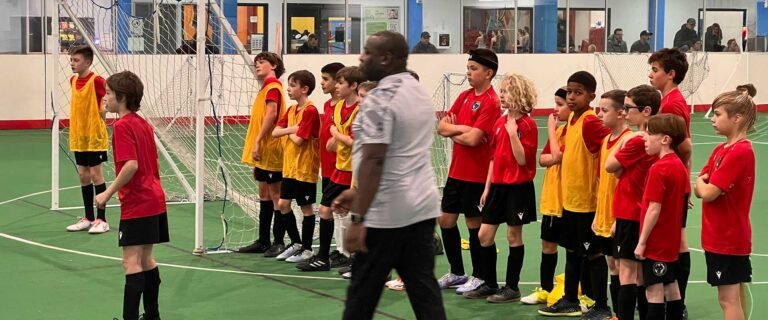As a parent or guardian, engaging in conversation with your child after they’ve just finished practicing can be a rewarding yet challenging task. You want to show your interest and support, but how should you navigate this conversation effectively? Let’s explore some ways to make these interactions more meaningful and encouraging for your child.
Traditional Questions: The Classic Approach
When your child hops into the car or comes home after practice, you might be tempted to ask the straightforward question: “How was practice?” This question shows you’re interested in their activity, but it often results in short, non-descriptive answers.
Rephrasing for Depth: “How Did You Do Today?”
Instead of asking how the practice was, you can rephrase your question to focus more on the child’s personal experience by asking, “How did you do today?” This subtle shift makes a huge difference because it implies that you’re interested in their individual performance and feelings, not just the group’s overall experience.
“How did you do today?” This question often opens the door for a more detailed response. Your child might say “good,” but there’s potential for more insightful answers.
Focusing on Enjoyment: What Went Well?
Engaging your child in a conversation about what they enjoyed can lead to positive and reflective discussions. Try asking, “What went really well for you today that you enjoyed?” This question helps your child to recall positive experiences from the practice, encouraging a more positive mindset.
Learning Opportunities: What Did You Learn?
Inquiring about what your child learned can also be a powerful conversation starter. Ask them, “Was there anything you learned today that you’re going to practice before your next session?” This not only shows your interest in their improvement but also encourages them to think critically about their own progress.
Digging Deeper: Understanding Enjoyment and Displeasure
If your child shares that they didn’t enjoy practice, it’s essential to delve deeper. Ask them why, but always start from within rather than blaming external factors. Understanding internal motivations and challenges can provide more insightful and constructive feedback.
Preparing for the Next Practice
Another key area to explore is how you can support your child in preparing for future practices. Ask, “How can I help prepare you for practice? What can I do as your guardian or parent?” Establishing yourself as a support system will help your child feel more confident and supported.
Setting Goals and Support System
Goals are crucial for progress. Asking about practice or game day goals can provide a clear focus for your child. “What were your goals for practice today?” or “What do you intend to get out of the game on Saturday?” are excellent questions to prompt thoughtful responses.
Always remind your child that you’re there to support their efforts. Ask, “How can I support you to achieve your goals? On game day or even at practice, what do you need from me?” Understanding their preferences can tailor your support to be most effective.
Tailoring Encouragement
Every child is different, and so are their needs for encouragement. Find out how they want you to behave during practices or games. Do they want you to cheer loudly, stay quiet, or just be present? Have this conversation to align your actions with their needs.
Final Thoughts
Navigating post-practice conversations with your child can significantly impact their growth and enjoyment of their activities. Asking thoughtful and personalized questions shows that you truly care about their experience and are there to support them in every possible way. Whether it’s in the car or at home, these conversations can help build a deeper connection with your child and foster a positive, open communication environment.
By shifting your focus from generic questions to more engaging and supportive dialogues, you not only help your child reflect on their practice but also pave the way for better performance and a stronger bond between you both.
Remember, these conversational techniques aren’t just for post-practice talks but can be applied to various aspects of your child’s life, helping you stay connected and supportive in a meaningful way.




